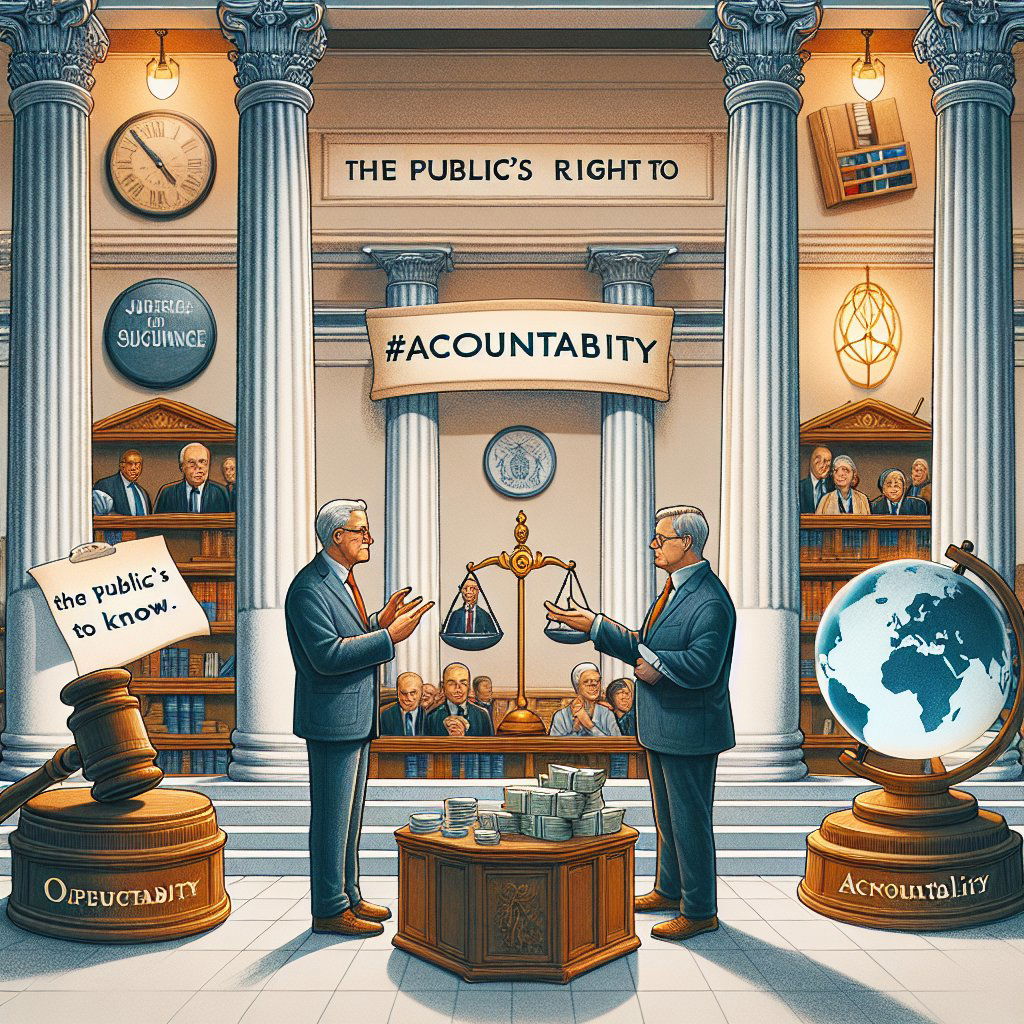Image: AI generated for illustration purposes
Former Chief Justice Mogoeng Calls for Transparency over President Ramaphosa's CR17 Campaign Funding
In a fiery public lecture at the South African Broadcasting Corporation (SABC) headquarters in Auckland Park, former Chief Justice of South Africa, Mogoeng Mogoeng, delivered a searing critique of President Cyril Ramaphosa’s nondisclosure of CR17 campaign financial contributors. As a keynote speaker at the SAfm event, Mogoeng took the opportunity to shine a light on the opaque political financing that underpinned Ramaphosa’s rise to the presidency, not only of the African National Congress (ANC) but also of the country.
The matter at the heart of Mogoeng’s discourse traces back to a Constitutional Court judgment in July 2021 about the Public Protector's findings against President Ramaphosa. While the apex court ruled that Public Protector Busisiwe Mkhwebane overstepped her bounds and erred in her ruling that Ramaphosa's campaign funding actions were unlawful, Mogoeng provided a dissenting judgment. He underscored that regardless of the technicalities that led to Ramaphosa's acquittal, transparent disclosure was non-negotiable in maintaining the ethical fibers of South Africa’s democracy.
Mogoeng powerfully argued that anyone vying for the highest office in the land should be accountable to the electorate about the financial underpinnings of their political campaigns. He implied that the undisclosed funds could create potential conflicts of interest and impact governance decisions. In his perspective, the sealed CR17 bank statements shield the public from scrutinizing who might influence the President's policies and priorities.
Mogoeng directed his argument towards the foundational values embedded within the South African constitution, showing a firm belief that transparency and accountability are not just regulatory aspirations but democratic imperatives. He accused Ramaphosa of knowingly misleading the Public Protector by pretending to have been kept in the dark about his campaign's financial details.
The gravity of Mogoeng's remarks can’t be overstated; they speak to the very core of the country’s commitment to an open and accountable government. His pointed observations regarding the intercepted emails counter Ramaphosa's claim of ignorance and suggest a deliberate obfuscation of truth.
Furthermore, Mogoeng’s statements called attention to the constitutional obligations of the President to uphold high ethical standards and be transparent with the National Assembly and by extension, the voters. Disclosure, in this sense, becomes a tool for the public to guard against any undue benefit that CR17 donors might receive from the public sector. The former Chief Justice's insights on these emails question the integrity of the versions presented to the Public Protector, painting a picture of intentional deceit in the highest office.
Mogoeng’s address was not just a dissection of a political power play; it was also a cautionary reminder that South Africa’s leadership must serve as a moral compass, showcasing integrity and ethical consciousness in all its deeds. He argued that the interests of democracy and the well-being of South African society hinged on leaders who are above reproach, transparent, and who actively embody the Constitution's values.
His pointed critique did not just hover on legal interpretation or the technical parameters of the Public Protector's investigation but zeroed in on the substance of democracy, the quality of leadership, and the importance of public trust. By casting doubt on the manner in which President Ramaphosa ascended to power, Mogoeng underscored the principle that in a democracy, public office holders are first and foremost accountable to the people.
Ultimately, these statements by Mogoeng set forth a challenge not just to President Ramaphosa but to all sitting and aspiring public officials in South Africa to commit to a higher standard of openness. As political campaign financing continues to be a contentious issue globally, Mogoeng's call for transparency resonates beyond South Africa, echoing global demands for political systems free from the corrosive influence of undisclosed financial interests.










